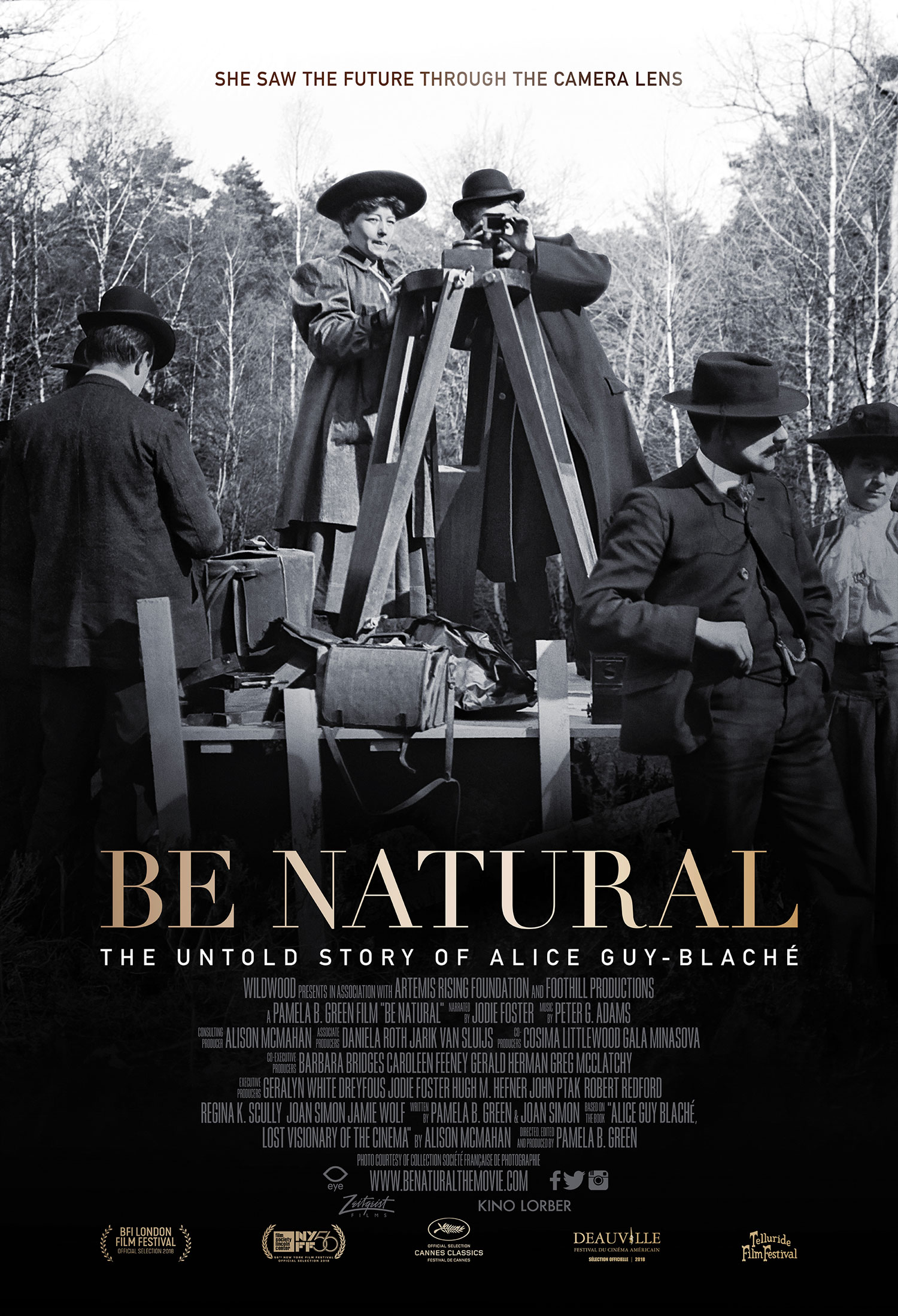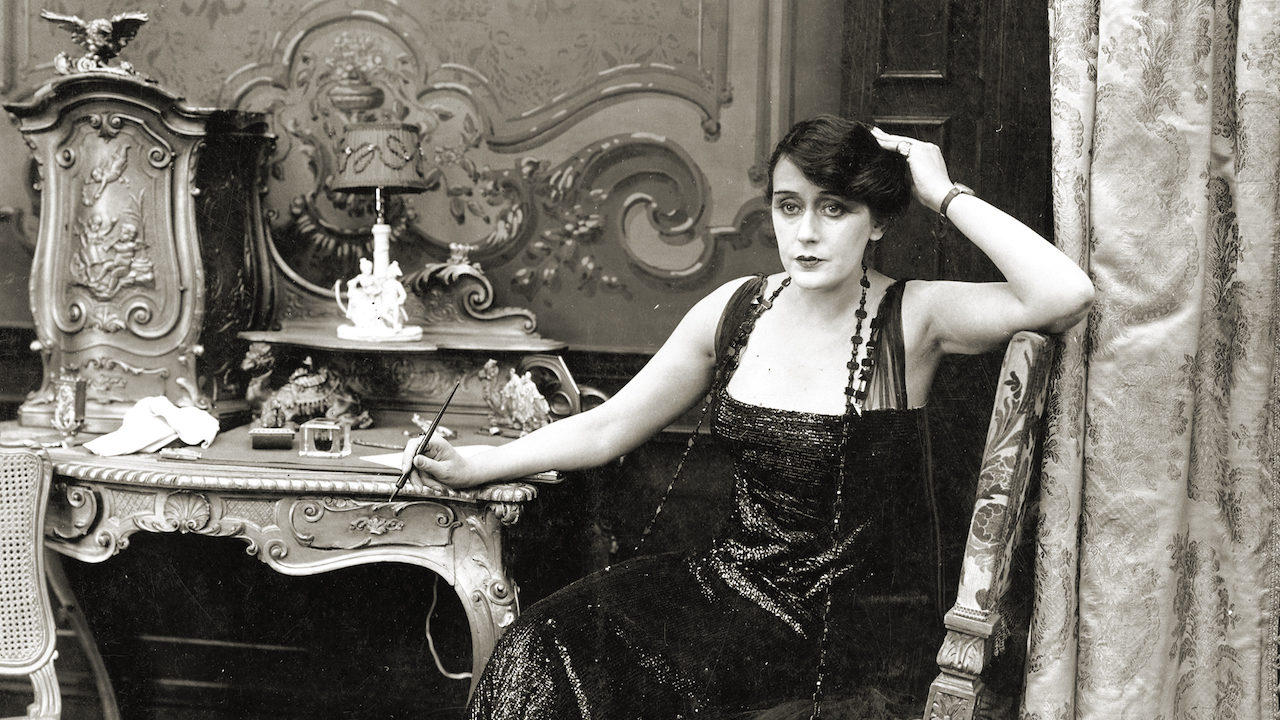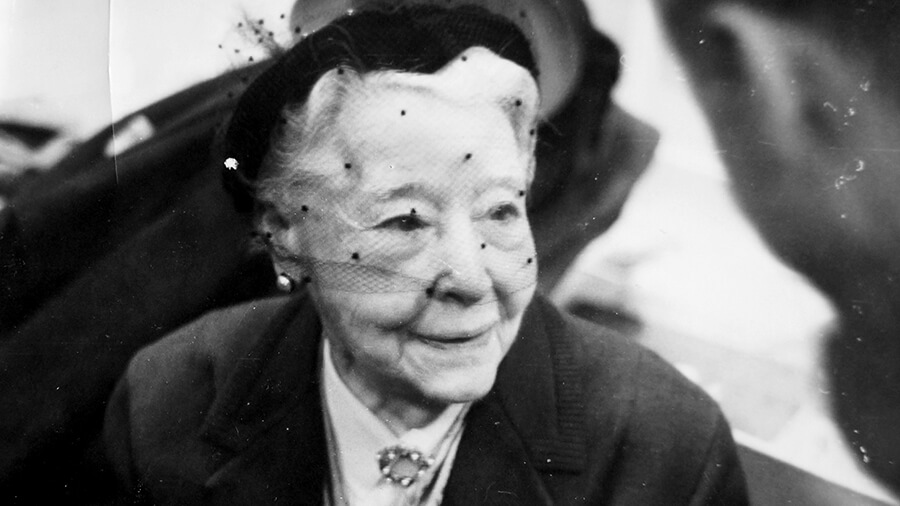By Glenn Dunks

For a film about a little-known name of early silent cinema, Be Natural: The Untold Story of Alice Guy-Blaché sure does come out of the gates swinging. Swinging and sweeping and swooping and spinning and kicking and ecstatically careening through the streets of Paris. The opening passages of Pamela B. Green’s revelatory documentary are so frenetically paced that it’s almost exhausting. When I posited that none other than Baz Luhrmann’s Moulin Rouge! was an inspiration, the film’s own Twitter feed confirmed it. Indeed.
And it’s not just the opening, too. The entirety of this film is surprisingly fast-paced, often editing its collage of film clips, archival video, contemporary exploration and talking heads into a dizzying soup of cinematic nostalgia...
Scenes zip by and entire decades of history are appraised in mere minutes. Blink and you’ll miss a dozen fascinating facts about its subject. And none of this is a bad thing. In fact, it makes for a scintillating experience out of what could have typically been a dry affair.

For those not in the know, Alice Guy-Blaché is considered the world’s first female film director. A prolific star of France and the United States in the late 1800s and early 1900s, she was the driving force behind a many number of films – too many of which are lost to know the real tally – as well as a pioneer of significant cinematic techniques including synced sound, special effects and perhaps most importantly a more natural style of acting that was less infused with the more theatrical method popular in the day. She was known for a large slogan sign that read “BE NATURAL”, a pre-Hollywoodland symbol of her cinematic ambitions that were both intimately human and bold in scale at the same time. Not for nothing, she was also the person behind what is considered the first movie with an all-black cast (1912’s A Fool and His Money). Some of her works are available today, like Falling Leavesfrom 1912, while many others exist only in fragile nitrate form, bits and pieces of which are strewn about in collections across all four corners of the world.
An early adopter of the independent spirit model of filmmaking, she managed to keep her own production house, Solax Studios, in operation for many years. Through dynamically-designed 3D animation set-pieces, we learn of the place she held in the pre-Hollywood years of American filmmaking (based primarily around Fort Lee, New Jersey, of all places), the scope of her operation, and of the way the increasingly patriarchal industry began to push her out and discredit her achievements, often citing her work as that of her husband, Herbert Blaché.
The film encompasses traditional historic retracing of her life and career while adding in scholarly talking heads and a very Who Do You Think You Are? style biological hunt that seeks to find those related to her and her colleagues, many of whom had no idea about the trailblazing history of their relative. Narration by Jodie Foster is typically sober with sly wit. A similar tone is struck by Guy-Blaché herself in a rare interview captured later in life (as you can see below). I only wish more had been made of the bevy of famous filmmakers who appear at the start of the documentary claiming ignorance on their knowledge of Guy-Blaché.

Unlike the majority of documentaries we get about filmmakers, Be Natural is one that viewers will likely come to with little to no prior knowledge of its subject. It’s to Green’s credit that she doesn’t rest on the laurels of a worthwhile subject. Yes, Guy-Blaché is a important subject and a film of any kind is long overdue with only a few seemingly error-laden non-fiction books written about her. But Be Natural works as a vibrant celebration of a film, too. Much like Moulin Rouge! did, it injects the similar sort of vigour and verve into her story that her own films would have elicited in audiences. It’s a delight of a documentary and one that will, as its title suggests, reveal untold treasures to its audience.
Release: Currently in limited release across the country.
Oscar Chances: Minimal.They don't go for movies about movies, nor do they, these days, seem all too fussed by history biopics. There is semi-recent precedent in the form of Finding Vivian Maier in 2014, but Be Natural has the deck stacked against it for Oscar recognition (although it'd be a worthy contender).